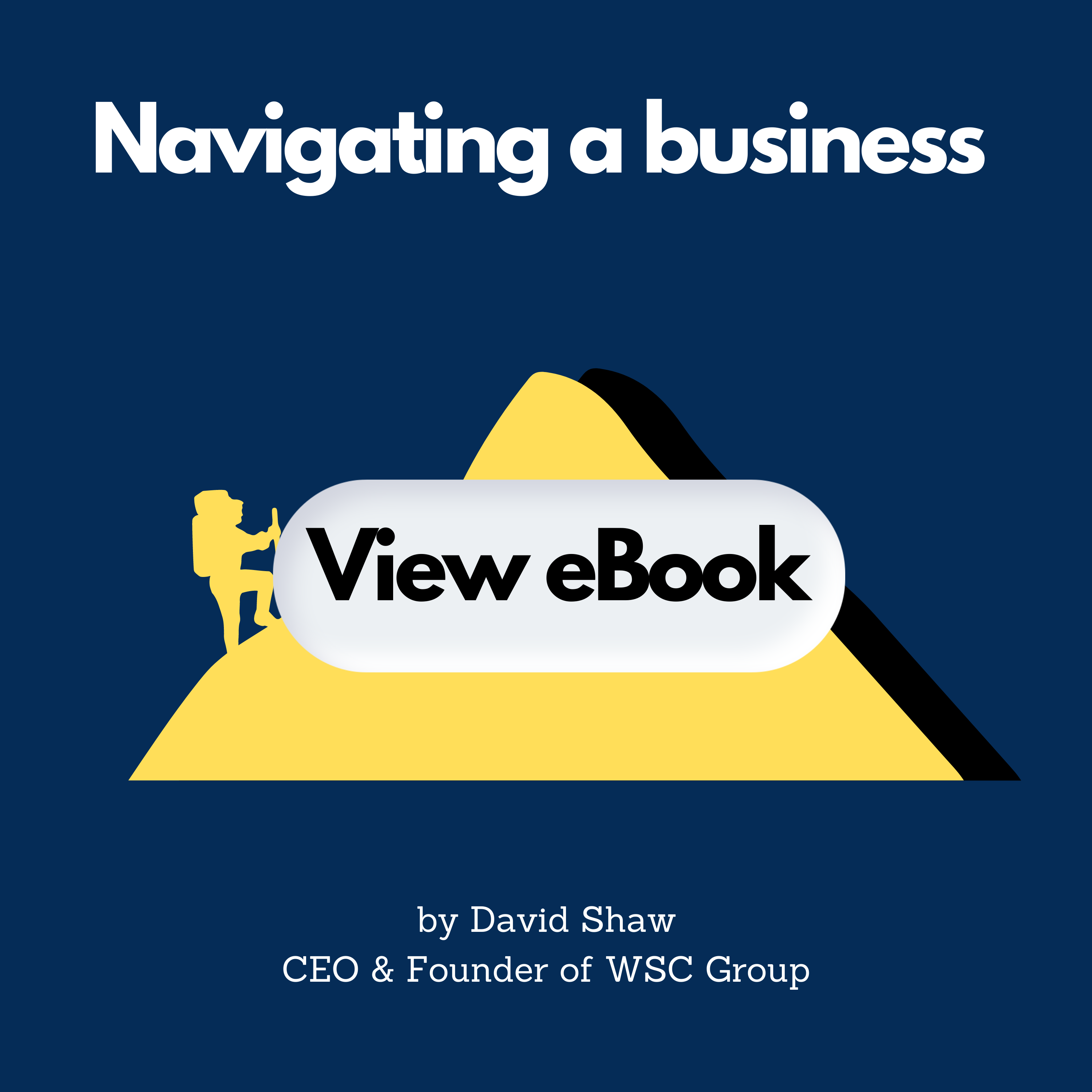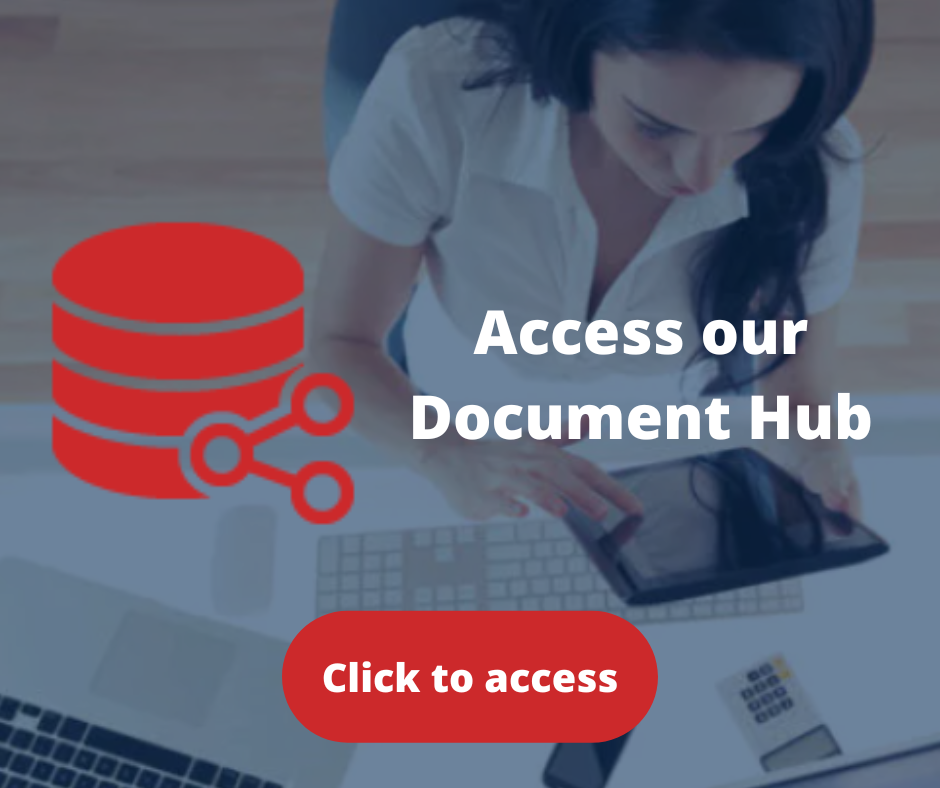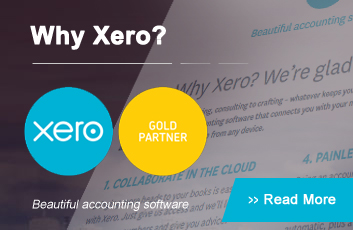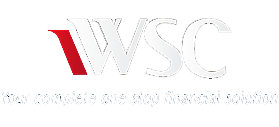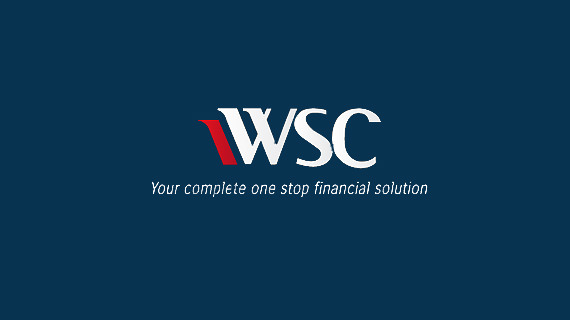ATO issues warning on employee super payments– Tips to staying off the radar.
In these last 12 months, any business owner would have heard their accountants stress the importance of being up to date with their employee’s superannuation payments. Over the last few years, the ATO has been none too subtle in letting businesses know that this is an area they were going to target. With an increased number of reviews and audits of businesses who fail to pay their superannuation liabilities on time and in full, it is detrimental to stay on-board of your obligations.
Since the introduction of single touch payroll and its continued expansion to all businesses, it is now more important than ever to ensure your superannuation obligations are front of mind when it comes to your obligations as a business owner.
Single touch payroll and data sharing with the superannuation funds is providing the ATO with more information than ever when it comes to your payroll activity as a business owner; and budgeting your cashflow to ensure you are up to date with these obligations is crucial for all businesses to avoid ATO scrutiny.
Remember: Superannuation is only tax deductible if it is paid by the designated due dates. Not only are you risking fines, penalties and possible personal liability, but as Directors, you are also missing out on the tax deductions that come with paying your employee’s superannuation. What can you do to ensure you stay off the ATO’s radar regarding superannuation?
Awareness of obligations and due dates
Probably the most important of all is to be aware of your superannuation obligations as an employer. Superannuation is due 28 days after the end of each Business Activity Statement Quarter ie 28th October, 28th January, 28th April, 28th July. Have these dates noted somewhere as a reminder so you don’t forget them
Prepare a budget and manage your cashflow
Prepare a budget and manage your cashflow to ensure you are putting money aside each month to cover superannuation payments. The end of each quarter can be a stressful one for cashflow as superannuation, pay as you go withholding, and GST are all due around the same time. By putting some money aside for these obligations on a weekly or monthly basis, it can save you having to rely on finding that large sum of money at the end of the quarter. Better still, pay your superannuation on a monthly, fortnightly or weekly basis. This not only means you are on top of your obligations it also means you won’t be tempted to spend any money you have put aside for the end of the quarter due date.
Reach out to your accountant
If you are late with a payment for superannuation, it can become complicated. It is not as simple as just making the payment when you have the funds, there is a process to rectifying these late payments with the ATO that will ensure you stay within the superannuation guarantee guidelines. If you do miss a payment, or are unable to make a payment, get in touch with your accountant to discuss the best options to rectify this.
The increased ATO scrutiny of employee’s superannuation obligations isn’t going away and will only keep on increasing. All businesses are required to submit their payroll details through single touch payroll, so being on top and aware of your obligations is imperative as part of employing staff. There can be significant penalties imposed on the business and the Directors for not paying their superannuation, so by following the above steps, this can help you stay off the radar.
If you have any questions surrounding your obligations as an employee and your superannuation requirements, please touch base with your client manager at WSC Group. We are always happy and ready to help you.
The material and contents provided in this publication are informative in nature only. It is not intended to be advice and you should not act specifically on the basis of this information alone. If expert assistance is required, professional advice should be obtained.




